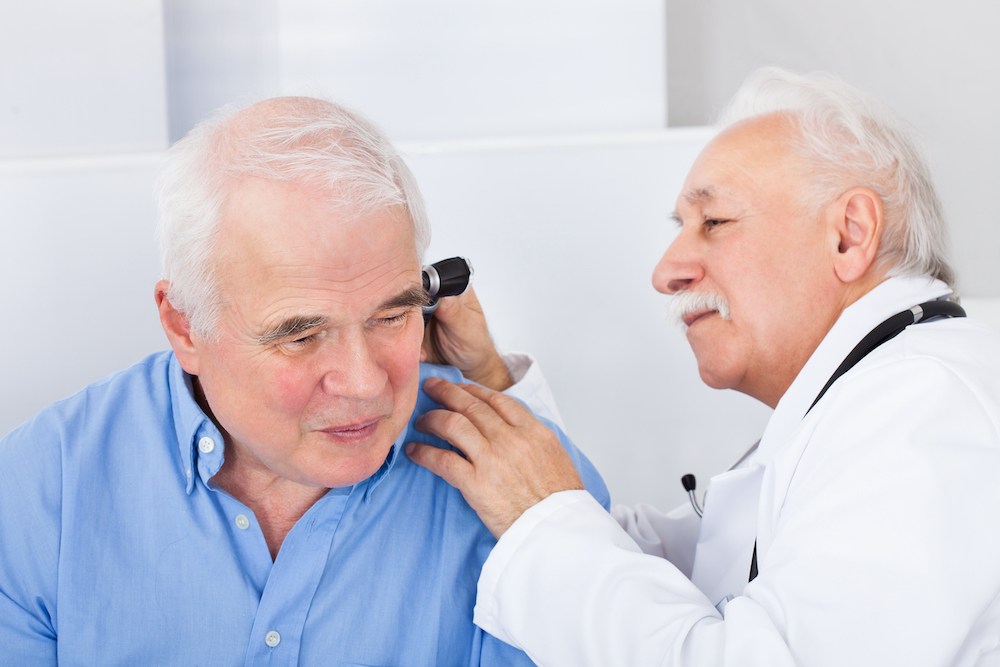How to Choose the Right Hearing Healthcare Professional for Your Needs
If you’ve experienced any form of hearing loss, whether it’s happened


If you’ve experienced any form of hearing loss, whether it’s happened

Prioritizing routine healthcare, including regular check-ups, is crucial

If you are experiencing hearing loss, then it is important that you speak